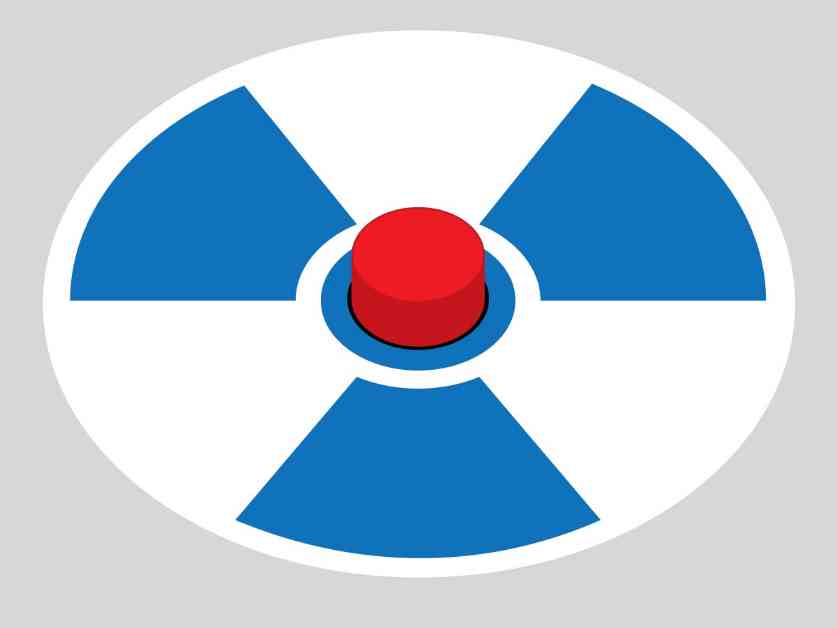The upcoming 2024 presidential election will bring with it significant challenges in the realm of nuclear weapons policy. Despite the many global threats facing the world, the issue of nuclear policy has not received as much attention as it deserves. Experts in the field are concerned about the lack of discussion on this critical topic, especially at a time when the stability of the commander in chief is in question, and Russia continues to make nuclear threats.
With the race between former President Donald Trump and current Vice President Kamala Harris heating up, it is essential to understand where each candidate stands on nuclear weapons policy. While both campaigns have not provided clear plans on this issue, we can look to past actions to gain insight into what we can expect from a new administration.
Currently, nine nations possess a total of 12,000 nuclear weapons, with the U.S. and Russia holding the majority. The next president will have to make tough decisions regarding U.S. nuclear arms, which amount to about 5,000 weapons, with 1,700 deployed for military use. Important treaty deadlines loom on the horizon, including a renewal of the START treaty with Russia in 2026 and an agreement with Iran in 2025 to limit its nuclear program.
If Kamala Harris wins the election, she will inherit President Joe Biden’s nuclear policies, which have focused on nuclear diplomacy and a $2 trillion modernization of U.S. nuclear arms. This effort, which began under the Obama administration, has faced challenges such as rising costs and questions about its necessity.
On the other hand, former President Trump’s approach to nuclear policy has been more aggressive, with plans for an expansion of the U.S. nuclear arsenal. His administration sought a three-way agreement with Russia and China but faced obstacles in reaching a consensus. Trump’s temperament and decision-making style have raised concerns about how he would handle a nuclear crisis, given his past statements and actions.
As the election approaches, it is crucial for voters to consider the candidates’ stances on nuclear weapons policy and how they plan to address the complex challenges in this area. The decisions made by the next president will have far-reaching implications for global security and the future of nuclear disarmament efforts. It is essential to stay informed and engaged on this critical issue to ensure a safe and secure world for future generations.










